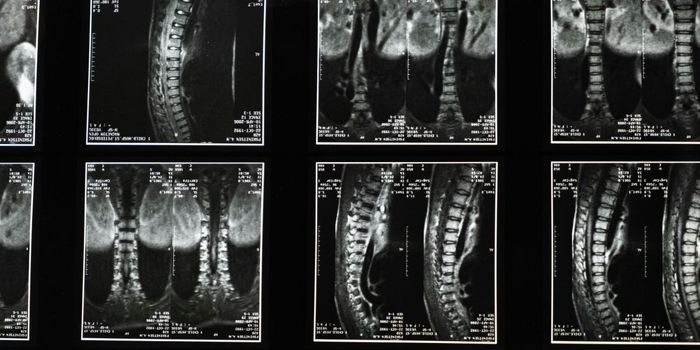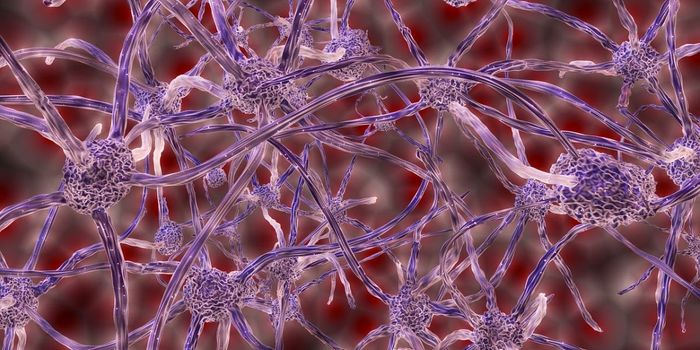Game-Changing New Receptor Unlocks the Potential of CAR-T Cell Therapy
Exciting cancer therapy innovations were announced in Cell Reports Medicine in the realm CAR-T-cell therapy (chimeric antigen receptor T cell). By designing a new cytokine receptor, Yoshikawa et al. of Keio University in Tokyo have elevate the efficacy and safety of CAR-T cell treatments to new heights.
Understanding the Challenge: Improving CAR-T Cell Therapy
CAR-T cell therapy has emerged as a transformative approach in treating B cell malignancies and multiple myeloma. However, this approach is in desperate need of refinement. While attacking tumor cells, CAR-T cell therapy is linked to safety issues like cytokine release syndrome (CRS) and immune effector cell-associated neurotoxicity syndrome (ICANS).
Creating G6/7R: A Dual-Function Cytokine Receptor
In their groundbreaking study, Yoshikawa and colleagues engineered the G6/7R cytokine receptor to tackle these challenges head-on. This innovative receptor combines the extracellular domains of IL-6 receptor components with the intracellular signaling domain of IL-7 receptor, imparting dual functionalities crucial for improving CAR-T cell therapy outcomes.
Key Findings Unveiled by Yoshikawa et al.
The study demonstrated that G6/7R-expressing CAR-T cells possess remarkable capabilities. One standout feature is their ability to absorb and neutralize IL-6 produced by monocytes, a key player in CRS. This mechanism not only enhances the safety profile of CAR-T cells but also bolsters their antitumor effectiveness.
Moreover, the constitutive IL-7 signaling within G6/7R-expressing CAR-T cells promotes their survival and proliferation, a critical factor for sustained therapeutic impact. In mouse models of both solid and liquid tumors, these cells exhibited robust expansion and prolonged persistence, particularly with a mutant called G6/7R-M452L showing enhanced proliferation.
Implications and Future Directions
The G6/7R cytokine receptor represents a versatile tool that could be applied across a spectrum of gene-engineered T cell therapies, offering hope for improved treatment outcomes across various cancers.
The engineering of G6/7R heralds an exciting new chapter in the evolution of CAR-T cell therapy. It underscores the transformative potential of innovative approaches to cancer treatment and sets the stage for further advancements in precision medicine.
Sources: Cell Reports Medicine









